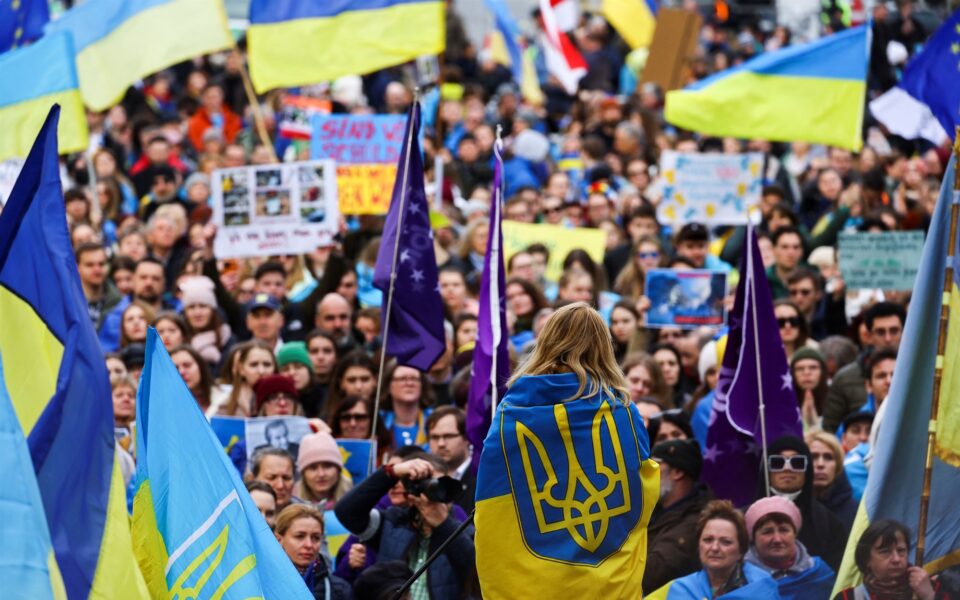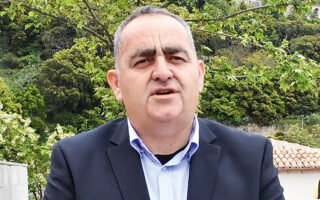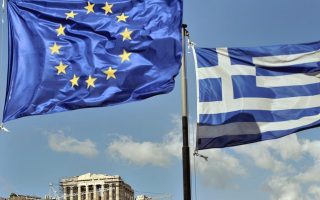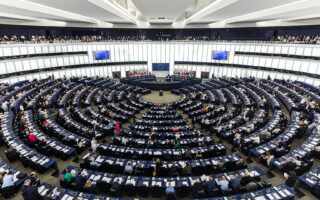The West did not forget Ukraine

A year ago, American officials seemed satisfied with how the war in Ukraine was going, thinking that the longer it went on, the more Vladimir Putin would bleed out, weakening his military and his country. But even as the first year of the war showed up the Russian military’s weaknesses, the lack of supplies and the general malaise caused by corruption, the second year has shown the extent to which Putin controls his country and all the levers of power, and Russia’s endurance.
At the same time, while Russia is getting support and supplies from several countries, Ukrainian forces are being depleted, domestic politics have paralyzed Washington (blocking aid to Kyiv) and the Europeans are having a hard time agreeing with each other.
War without evident end appears to benefit Russia and to threaten not only Ukraine but the very idea of a “West” that can impose international law. The explosion of violence in the Middle East has further undermined this concept: On the one hand, Ukraine sees that it does not enjoy the same absolute and immediate support that Israel receives; on the other, the rest of the world condemns the United States and its allies for not stopping the slaughter of civilians in Gaza. In addition, many members of the Republican Party in the US Congress (like the party’s candidate for the presidency) seem partial to Putin. The same applies with a number of extremist political groups in Europe, just a few weeks before elections for the European Parliament. It is not only time that seems to work in Putin’s favor but also democracy itself – if forces amicable towards him in the United States and Europe come out stronger.
It is difficult to know what exactly is going on at Ukraine’s warfronts – whether things are as difficult as Ukrainian and allied officials say. Perhaps this information is aimed at applying pressure to speed up aid. Or is the outlook perhaps even worse than they would be prepared to admit? In any case, Russia is holding on, as Putin does not care about the cost to the country, as long as he can declare victory at the end.
Ukraine, however, is not a lost cause. The long-delayed US aid – funds and arms worth 60 billion dollars – is being freed up. As this is part of a package that includes support for Israel and Taiwan, developments in the Middle East have forced the Republicans in Congress to take a step back. On Friday it was announced that the necessary legislation will be passed on Saturday night (April 20). With the assistance of the Democrats, the issue will move forward.
On Wednesday and Thursday (April 17 and 18), the European Council – the leaders of the EU member-states – reaffirmed “full unwavering support to Ukraine, its people and its independence, sovereignty and territorial integrity within its internationally recognized borders.” The Council stressed “the need to urgently provide air defense to Ukraine and to speed up and intensify the delivery of all the necessary military assistance, including artillery ammunition and missiles.”
Germany has provided the most assistance, after the United States, albeit relatively quietly. The disagreement between Chancellor Olaf Scholz and Emmanuel Macron (when the latter declared that Putin had to be beaten and the use of NATO forces in Ukraine should not be ruled out) appears to have been provoked more by the French president’s style than by a substantial differences.
It seems that despite the inertia of the past few months, despite the very difficult situation, the West has not forgotten what is at stake in Ukraine.





